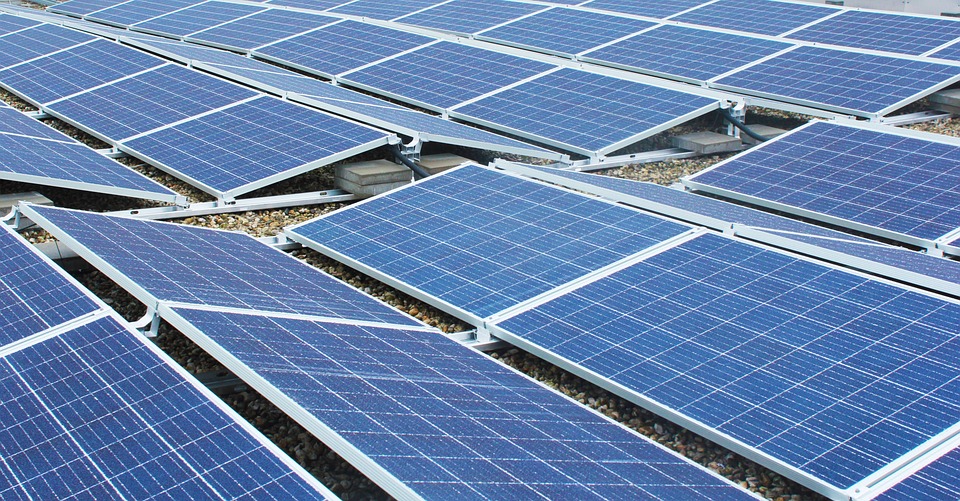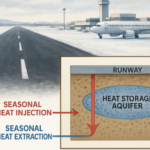Power Your Future: Essential Courses in Power Engineering
Introduction to Power Engineering
Power engineering is an exciting and rewarding field that deals with the design, construction, and operation of electrical power systems. The demand for skilled power engineers is increasing rapidly, as the world becomes more dependent on electricity to power its various needs. To meet this demand, it is essential to have a comprehensive education in power engineering.
In this article, we will explore the essential courses that are required to power your future in power engineering.
Undergraduate Courses
Math and Science Fundamentals
A strong foundation in math and science is necessary for a career in power engineering. The following math and science courses are essential:
* Calculus III
* Linear Algebra
* Differential Equations
* Physics
* Circuits and Electronics
* Solid Mechanics
These courses will provide a solid understanding of the mathematical and scientific principles that are used in power engineering.
Electrical Engineering Fundamentals
Electrical engineering is the core of power engineering. The following courses are essential for a good understanding of electrical engineering principles:
* Circuit Analysis
* Electromagnetism
* Electronics
* Control Systems
* Analog and Digital Electronics
These courses will provide a strong foundation in electrical engineering, which is necessary for the design and operation of electrical power systems.
Graduate Courses
Specialization in Power Engineering
After completing the undergraduate coursework, it is essential to specialize in power engineering through graduate courses. The following specialization courses are essential:
* Power Systems Analysis
* Power System Protection
* Power System Operation and Control
* Power System Dynamics and Stability
* Wind and Solar Power Systems
These courses will provide specialized knowledge in power engineering and prepare you for a challenging career in the field.
Online Resources and Certifications
Professional Certifications
Professional certifications are necessary to demonstrate expertise in a particular area of power engineering. The following certifications are highly valued:
* PE (Professional Engineer) licensure
* IEEE membership
* Power Engineering Specialist certification
These certifications demonstrate a high level of technical knowledge and expertise in power engineering.
Online Courses and Tutorials
There are many online resources that provide courses and tutorials on power engineering. The following online resources are highly recommended:
* Coursera
* edX
* Udemy
* IEEE Xplore Digital Library
These online resources provide a convenient and cost-effective way to learn new skills and stay up-to-date with the latest advancements in power engineering.
Conclusion
Power engineering is a challenging and rewarding field that requires a strong educational foundation. The essential courses outlined in this article provide a comprehensive education in power engineering and prepare you for a successful career in the field. By specializing in power engineering through graduate coursework and obtaining professional certifications, you can demonstrate expertise and set yourself apart from others. Finally, online resources provide a convenient and cost-effective way to learn new skills and stay up-to-date with the latest advancements in power engineering.
Frequently Asked Questions
Q: What is power engineering?
A: Power engineering is the design, construction, and operation of electrical power systems.
Q: What are the essential courses in power engineering?
A: The essential courses include math and science fundamentals, electrical engineering fundamentals, specialization in power engineering, professional certifications, and online resources.
Q: What are the benefits of specializing in power engineering?
A: Specializing in power engineering provides a high level of technical knowledge and expertise in the field, which increases job prospects and earning potential.
Q: What are the online resources for learning power engineering?
A: The online resources include Coursera, edX, Udemy, and the IEEE Xplore Digital Library.
Q: What are the professional certifications in power engineering?
A: The professional certifications include PE licensure, IEEE membership, and Power Engineering Specialist certification.



.png?w=150&resize=150,150&ssl=1)

.png?w=150&resize=150,150&ssl=1)

